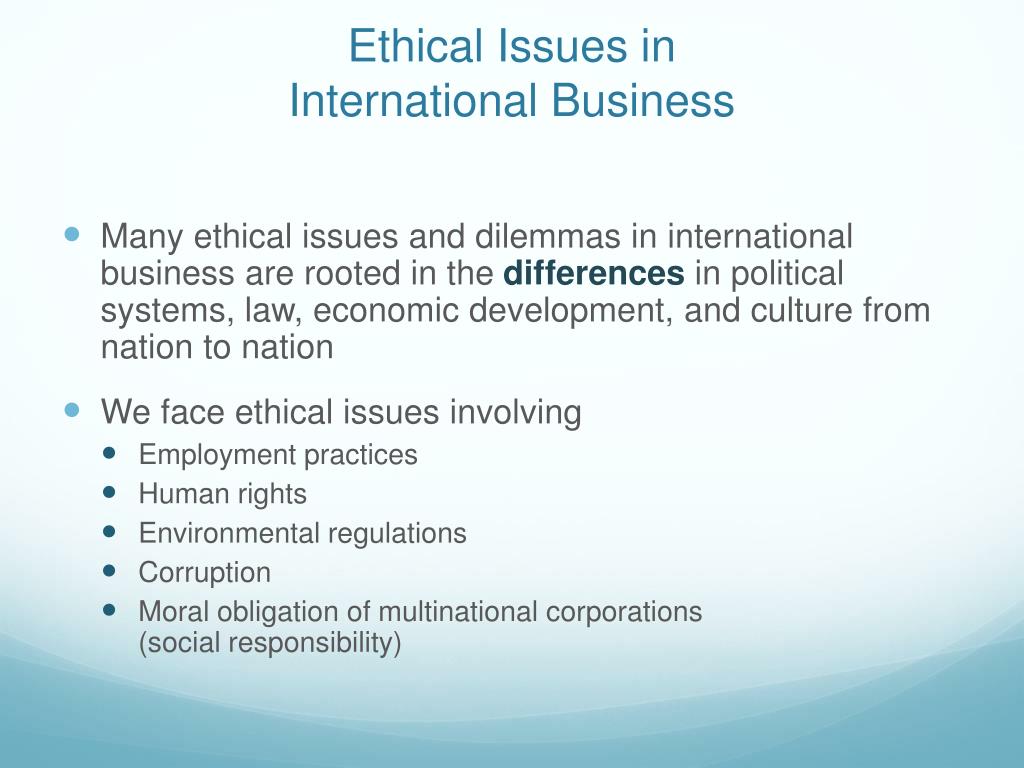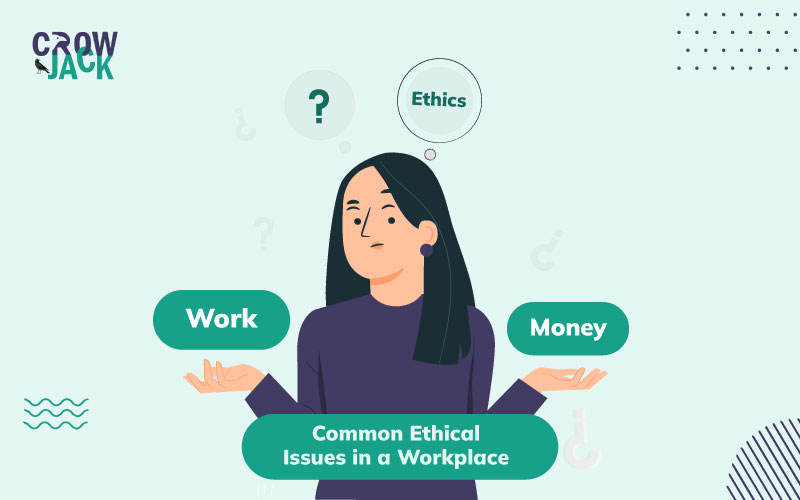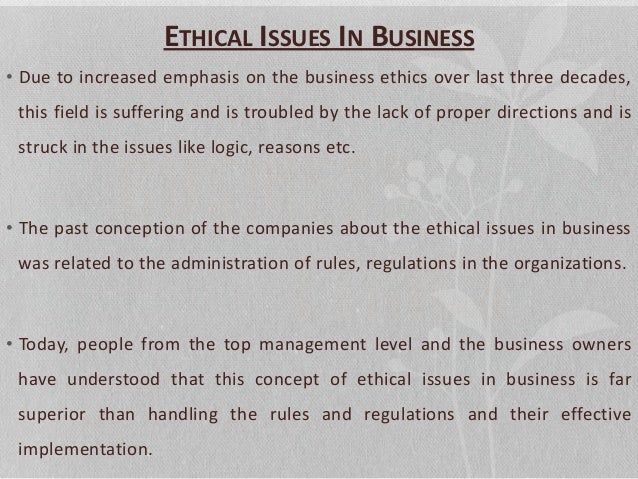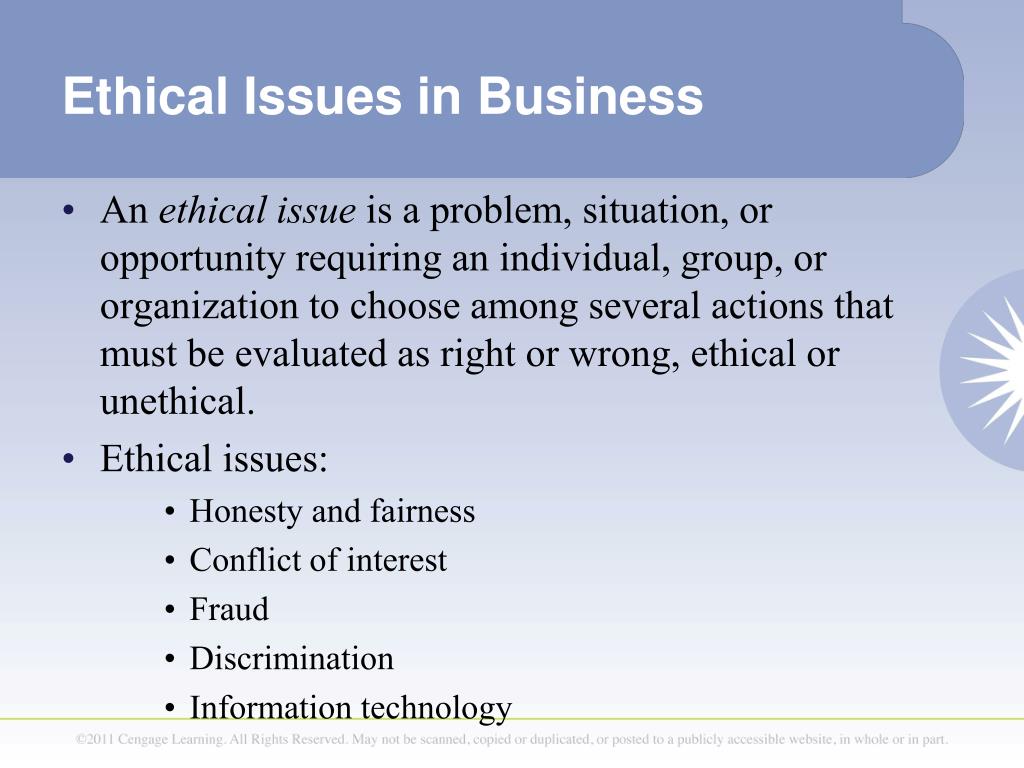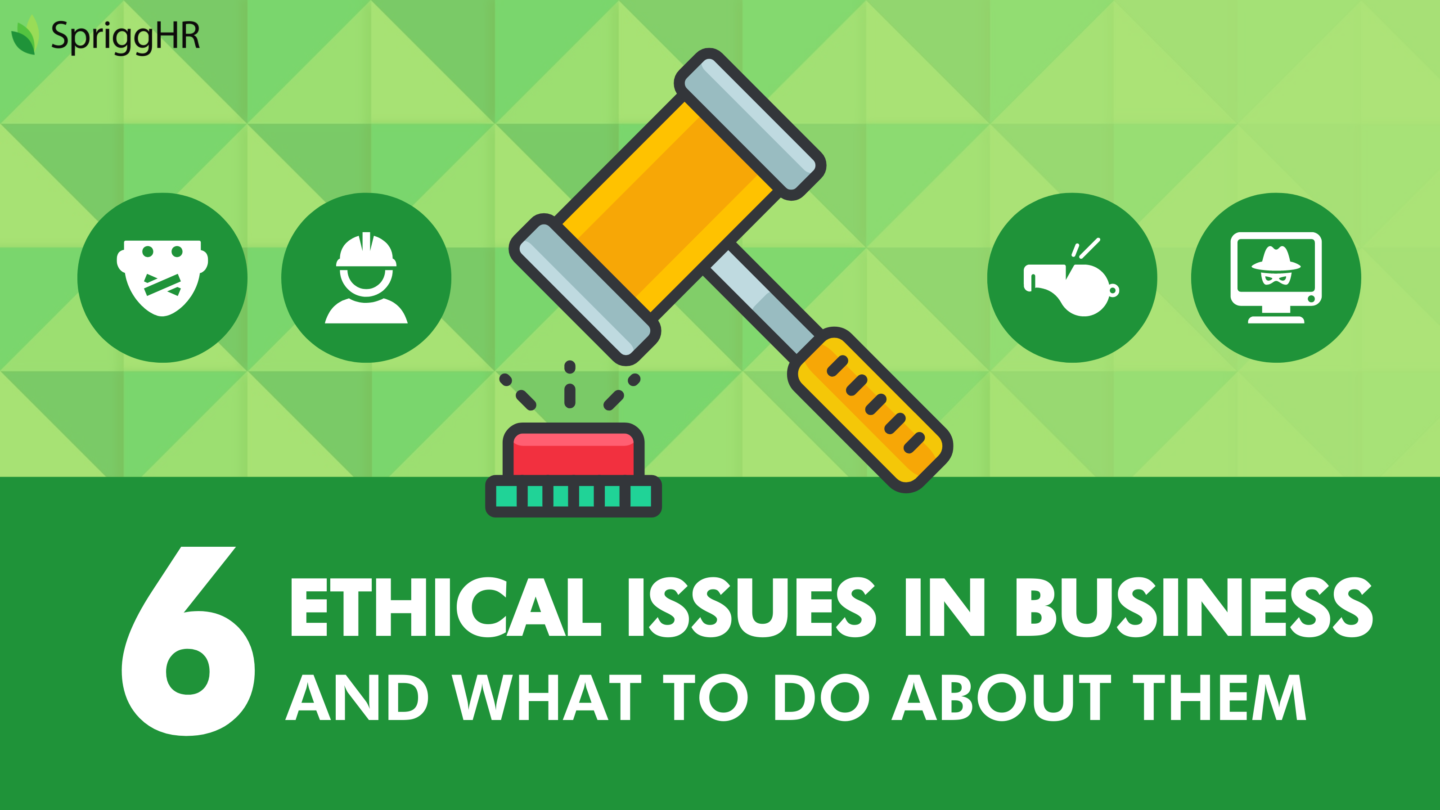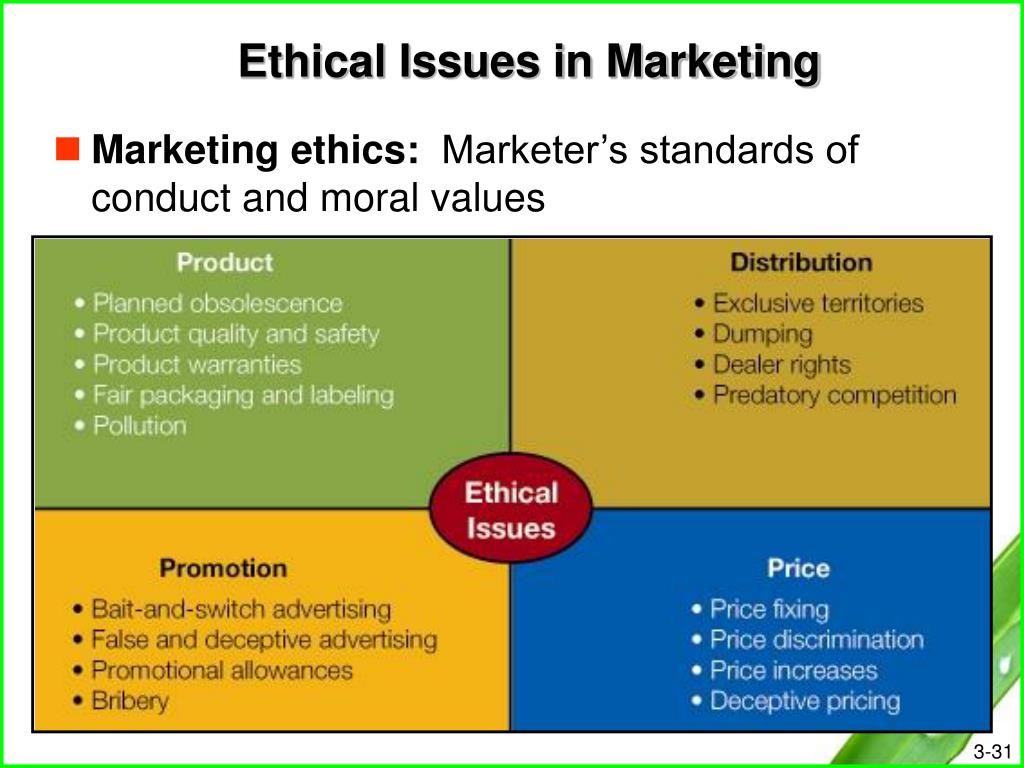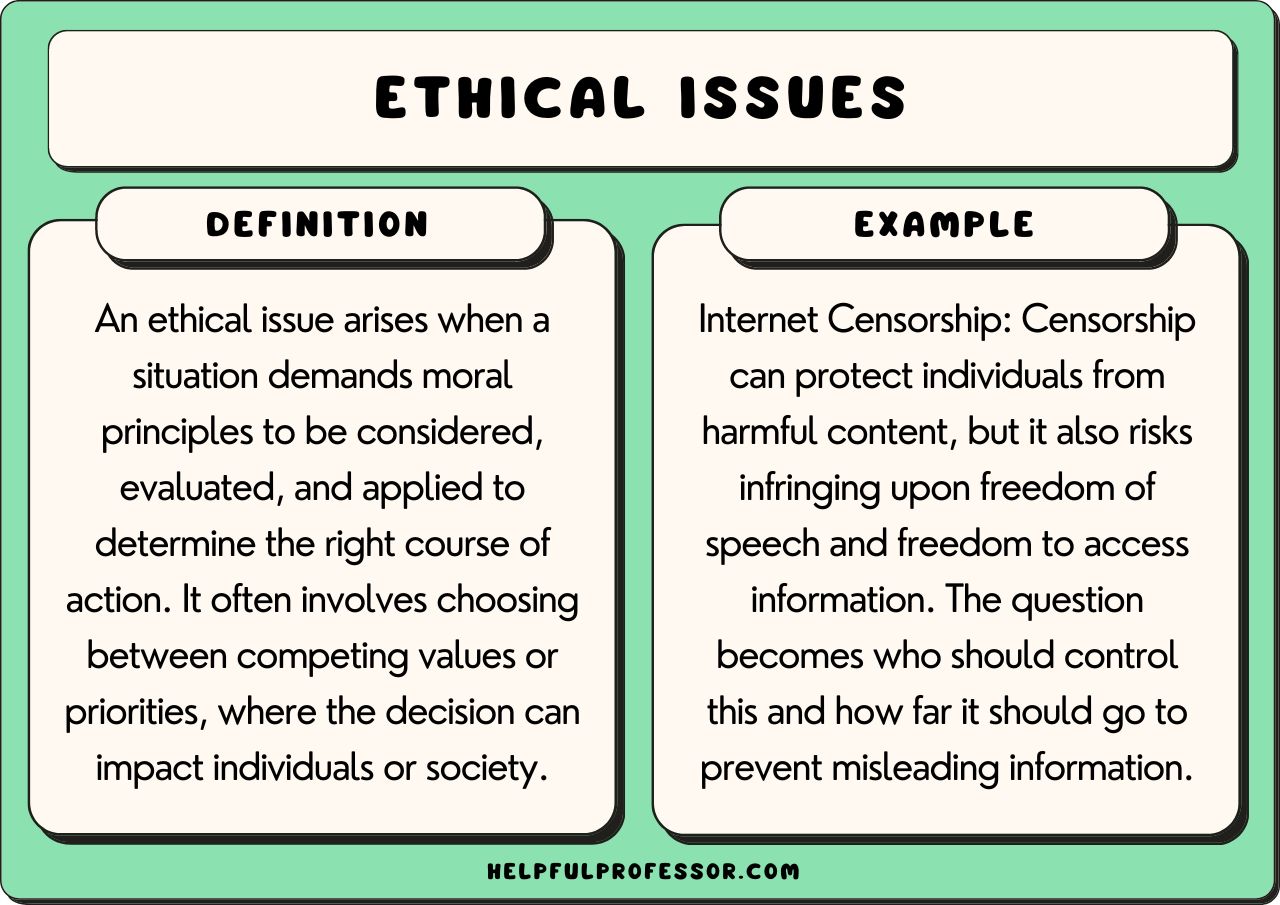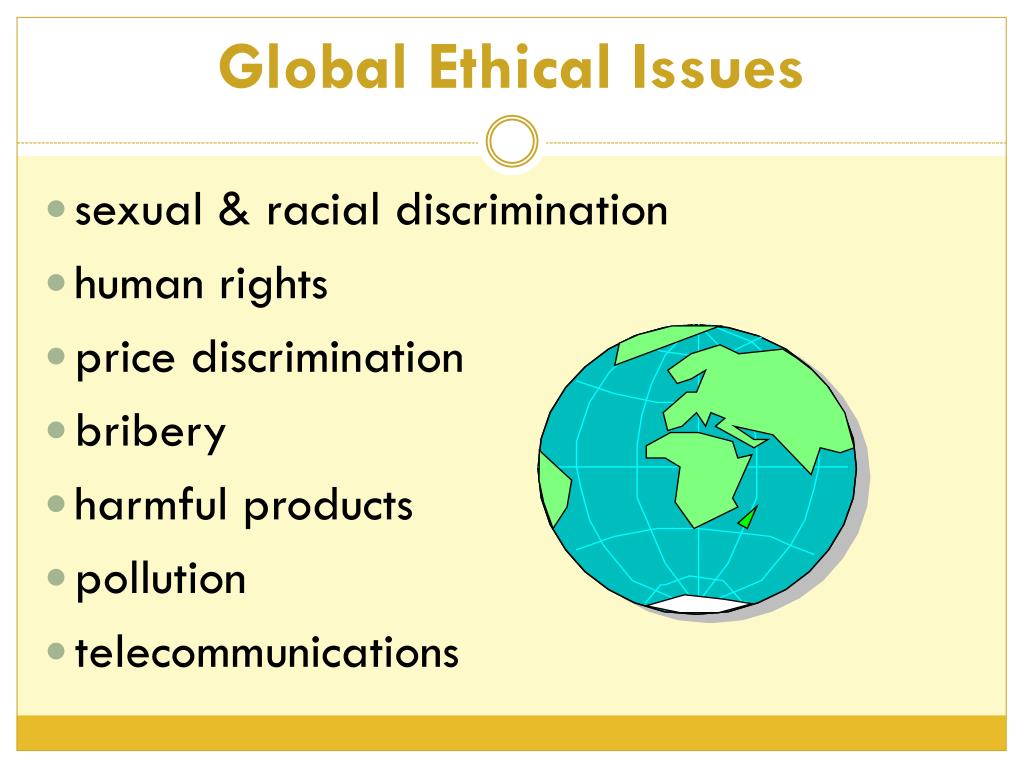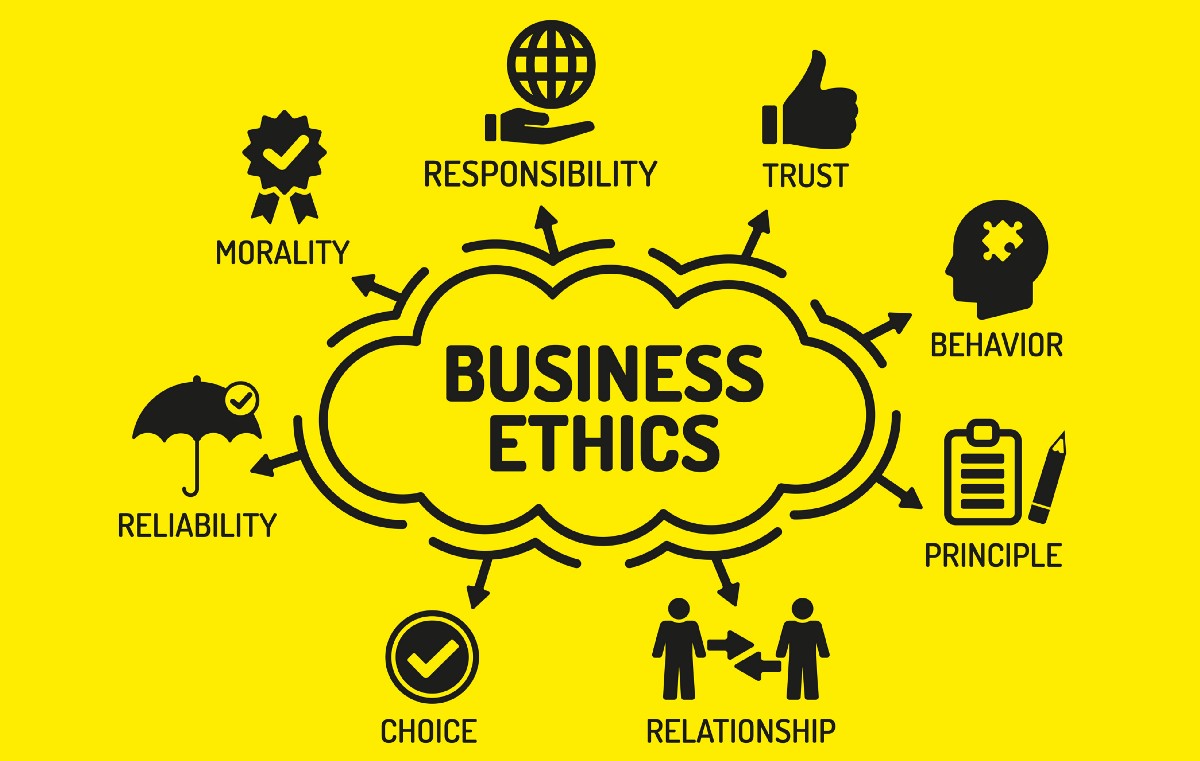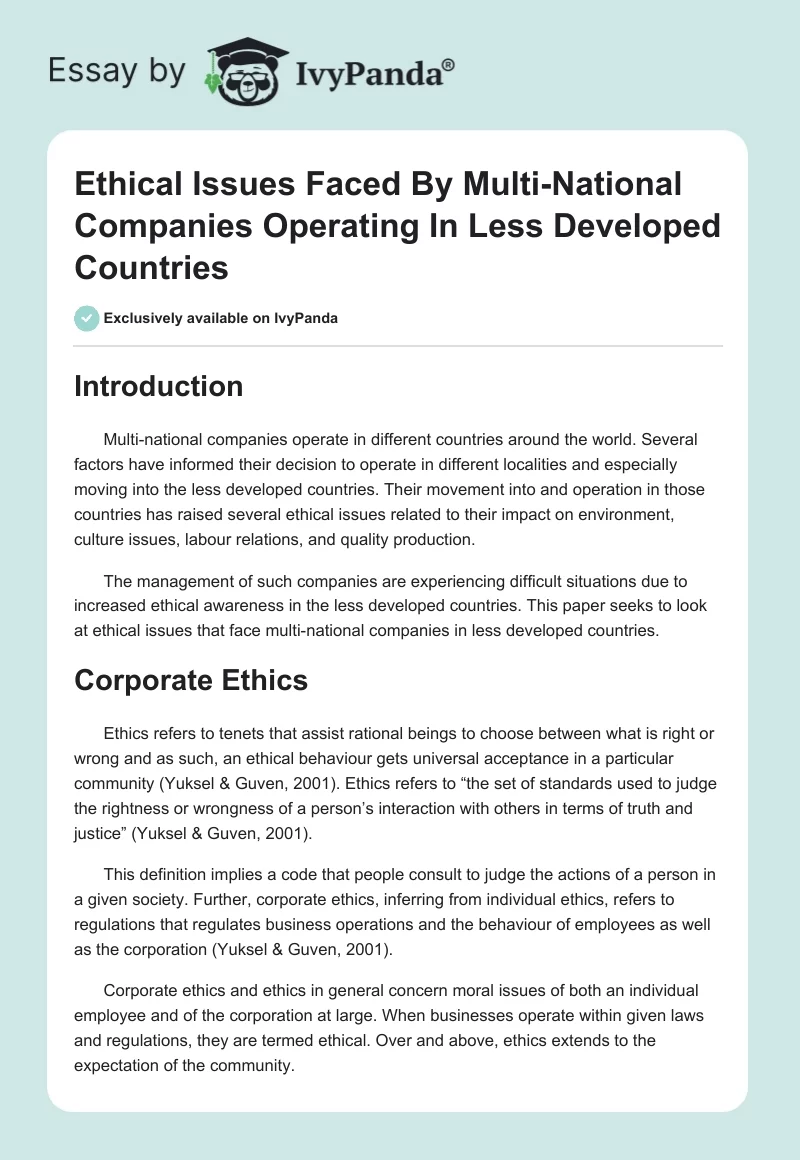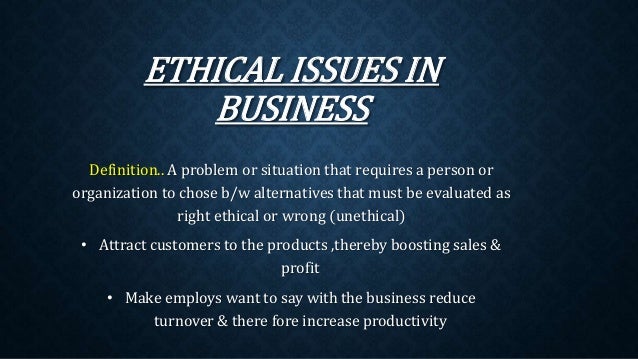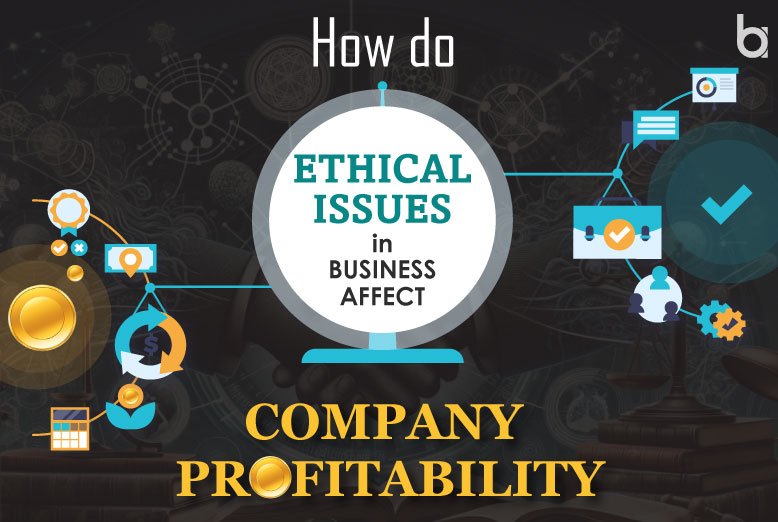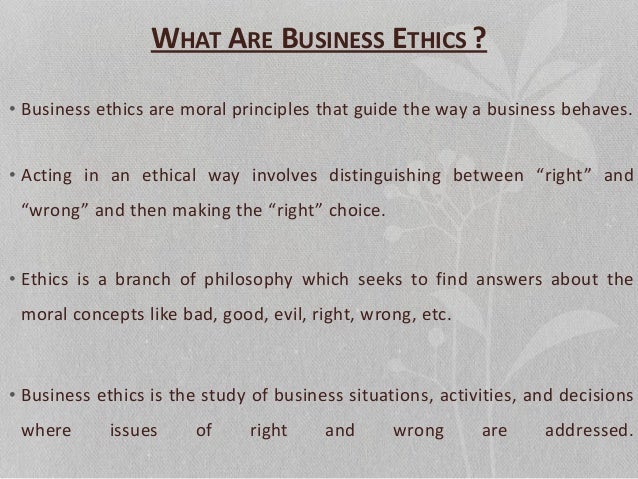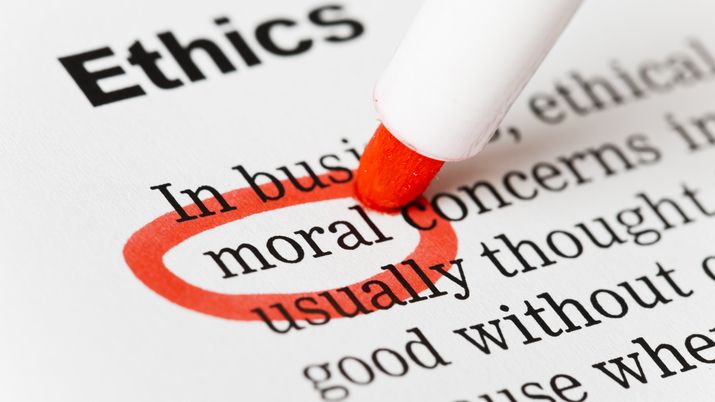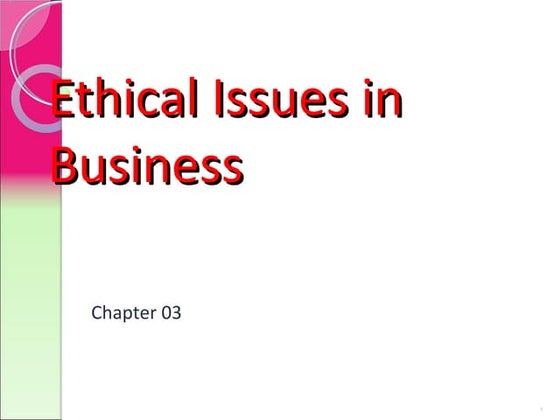Businesses That Have Faced Ethical Issues

The business world, often perceived as a realm of innovation and progress, is not immune to ethical lapses. From deceptive marketing tactics to environmental negligence and exploitative labor practices, the pursuit of profit can sometimes overshadow moral considerations. These ethical failures not only erode public trust but also inflict significant damage on stakeholders, communities, and the environment.
This article delves into several prominent examples of businesses that have faced significant ethical challenges. It examines the nature of these transgressions, the consequences they incurred, and the lessons that can be learned from these missteps. By analyzing these cases, we aim to shed light on the complexities of ethical decision-making in the corporate world and underscore the importance of cultivating a culture of integrity.
Volkswagen: The Dieselgate Scandal
In 2015, Volkswagen was embroiled in a major scandal, dubbed "Dieselgate," after it was revealed that the company had intentionally programmed diesel engines to activate emissions controls only during laboratory testing. This allowed vehicles to meet regulatory standards while emitting pollutants far exceeding legal limits during normal driving conditions.
The Environmental Protection Agency (EPA) discovered the cheat device, triggering a global investigation. The fallout was immense. Volkswagen faced billions of dollars in fines, vehicle recalls, and a substantial loss of reputation, according to official statements released by the EPA and the US Department of Justice.
The scandal highlighted the dangers of prioritizing profit over ethical conduct and regulatory compliance. Furthermore, it demonstrated the crucial role of independent oversight in holding corporations accountable for their actions. Volkswagen has since committed to investing heavily in electric vehicle technology and strengthening its internal compliance mechanisms.
Wells Fargo: Account Fraud and Misconduct
Wells Fargo, one of the largest banks in the United States, faced a series of ethical crises stemming from aggressive sales practices. Employees were pressured to meet unrealistic sales targets, leading to the opening of millions of unauthorized customer accounts without their knowledge or consent.
According to investigations by the Consumer Financial Protection Bureau (CFPB), this misconduct resulted in customers being charged unnecessary fees and potentially damaging their credit scores. The scandal led to the resignation of several top executives and a significant decline in the bank's stock value.
The Wells Fargo case illustrates the risks of creating a toxic work environment that incentivizes unethical behavior. It underscores the importance of fostering a culture of integrity and prioritizing customer interests above short-term financial gains. Remedial actions have included overhauling incentive structures and strengthening compliance programs.
Nike: Labor Practices and Supply Chain Issues
Nike, a global sportswear giant, has faced persistent criticism regarding its labor practices in overseas factories. Accusations of low wages, unsafe working conditions, and worker exploitation have plagued the company for decades.
Reports from organizations like the Worker Rights Consortium have documented instances of forced overtime, denial of fair wages, and exposure to hazardous chemicals. These issues have raised serious concerns about the ethical responsibility of multinational corporations in managing their supply chains.
Nike has taken steps to address these concerns, including implementing stricter codes of conduct for its suppliers and investing in worker training programs. However, challenges remain in ensuring consistent compliance and transparency across its vast global supply chain.
Boeing: 737 MAX Crashes and Safety Concerns
The Boeing company faced intense scrutiny following two fatal crashes of its 737 MAX aircraft in 2018 and 2019, killing 346 people. Investigations revealed that a faulty sensor and the Maneuvering Characteristics Augmentation System (MCAS) played a role in the crashes.
Critics argued that Boeing prioritized speed and cost-cutting over safety in the development and certification of the 737 MAX. Concerns were also raised about the company's relationship with regulators and the lack of transparency regarding the MCAS system.
The 737 MAX crashes led to a worldwide grounding of the aircraft and a significant financial and reputational blow to Boeing. The company has since redesigned the MCAS system and implemented enhanced safety procedures. The incident highlights the critical importance of prioritizing safety in the aerospace industry and maintaining rigorous oversight of aircraft manufacturing.
Looking Ahead: Fostering Ethical Business Practices
These cases underscore the importance of proactive ethical leadership and robust corporate governance. Companies must prioritize ethical decision-making, invest in comprehensive compliance programs, and foster a culture of transparency and accountability.
Furthermore, independent oversight and stakeholder engagement are crucial in holding businesses accountable for their actions. Consumers, investors, and employees all have a role to play in promoting ethical business practices and demanding greater corporate responsibility.
By learning from past mistakes and embracing a commitment to integrity, businesses can build stronger reputations, foster greater trust, and contribute to a more sustainable and equitable future. The consequences of ethical failures are simply too significant to ignore.
